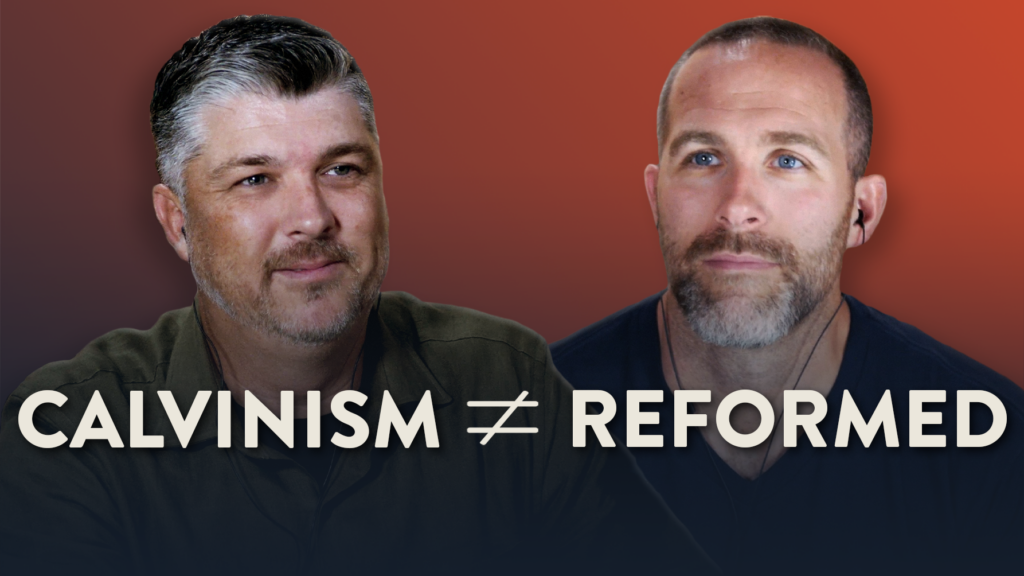
For many people, “Reformed” means “Calvinism.” While Calvinism is certainly a piece of Reformed theology, Reformed theology is much more than Calvinism. In this conversation, Jon and Justin talk about the differences between the modern Calvinistic evangelical movement and the historic Reformed faith. The guys talk autobiographically and also aim to put words to the experiences of many Christians.
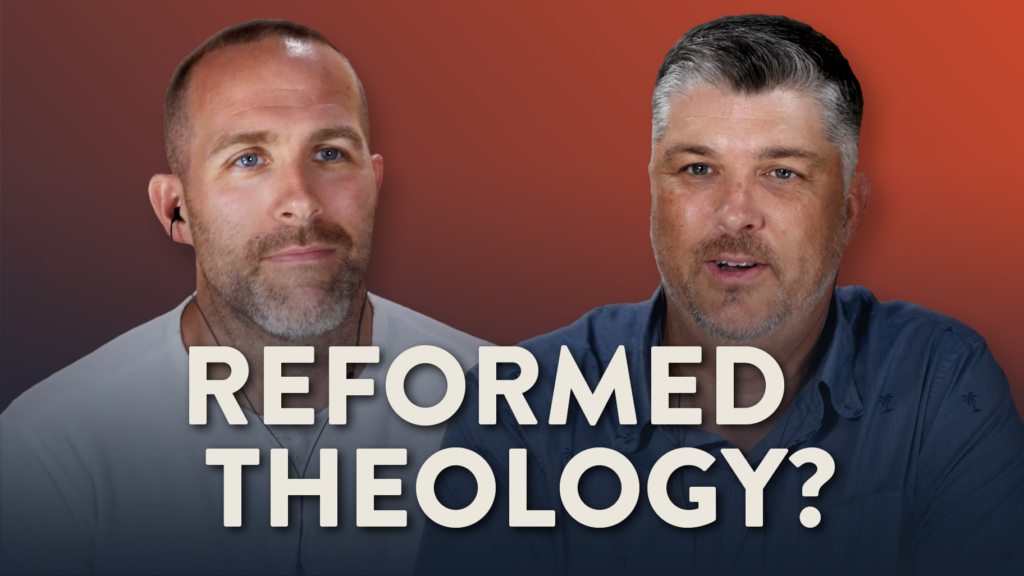
We often get the questions, “What does it mean to be Reformed?” and “What is Reformed theology? In today’s episode, Jon and Justin answer these questions by discussing five historical tenets of Reformed theology: covenant theology, Calvinism, confessionalism, ordinary means of grace, and the law/gospel distinction. (The guys sneak in one additional matter of doctrine at the end, as well.)
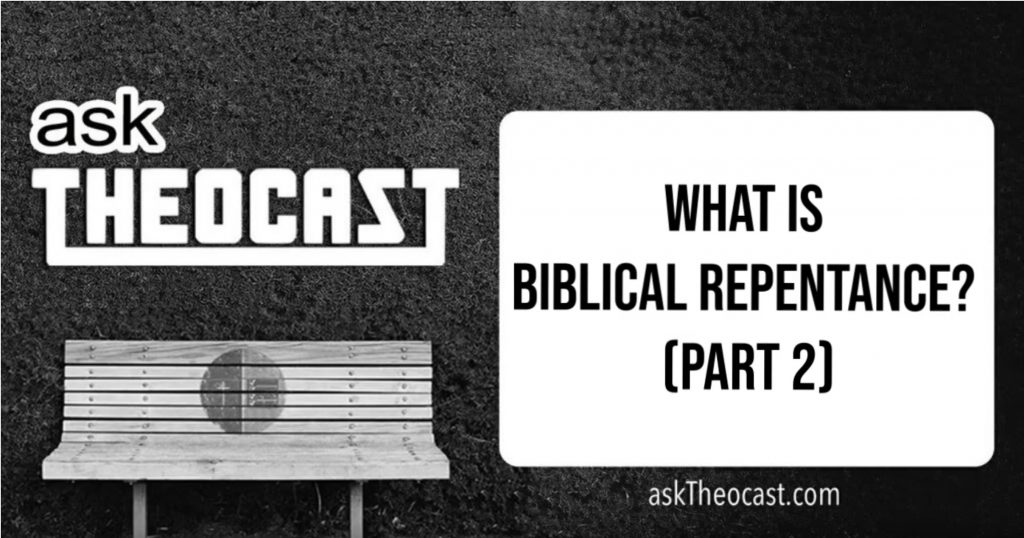
What Is Biblical Repentance (Part 2)?
Answered by Justin Perdue
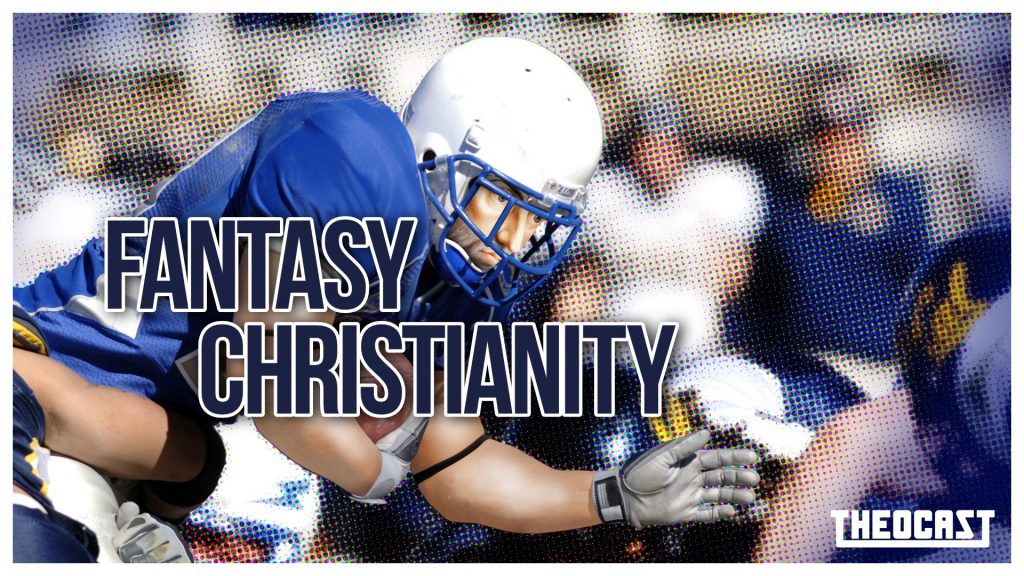
If you listen to many in the church, our Christian lives should be characterized by happiness, excitement, and by overcoming difficulty. But, this life is often characterized by pain, toil, and suffering. What do we do with that? And what is it that we’re called to in the church?
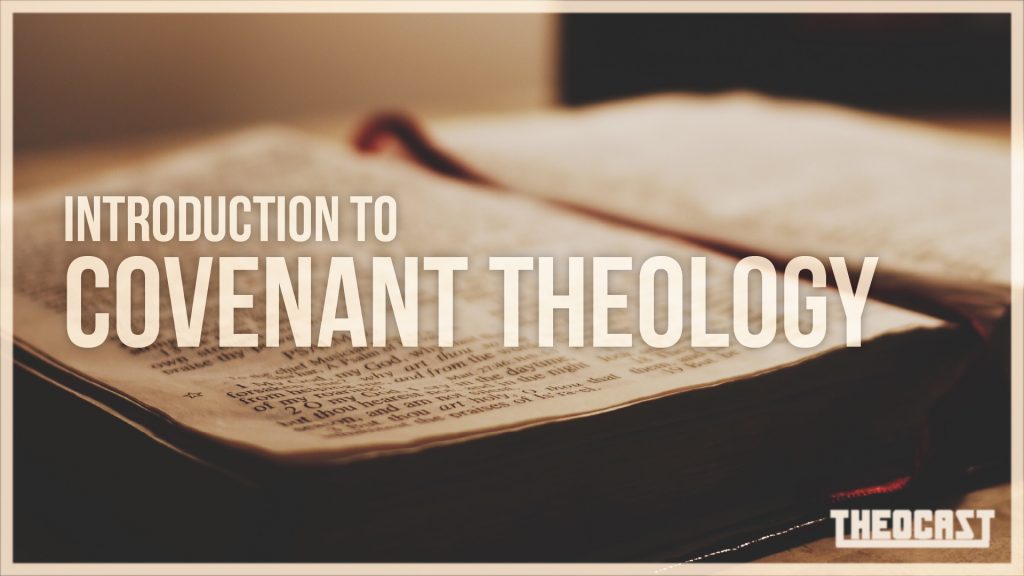
In this course, we are going to explore Covenant Theology. We will show you how Covenant Theology provides a framework for rightly reading and understanding your Bible that arises from scripture itself.
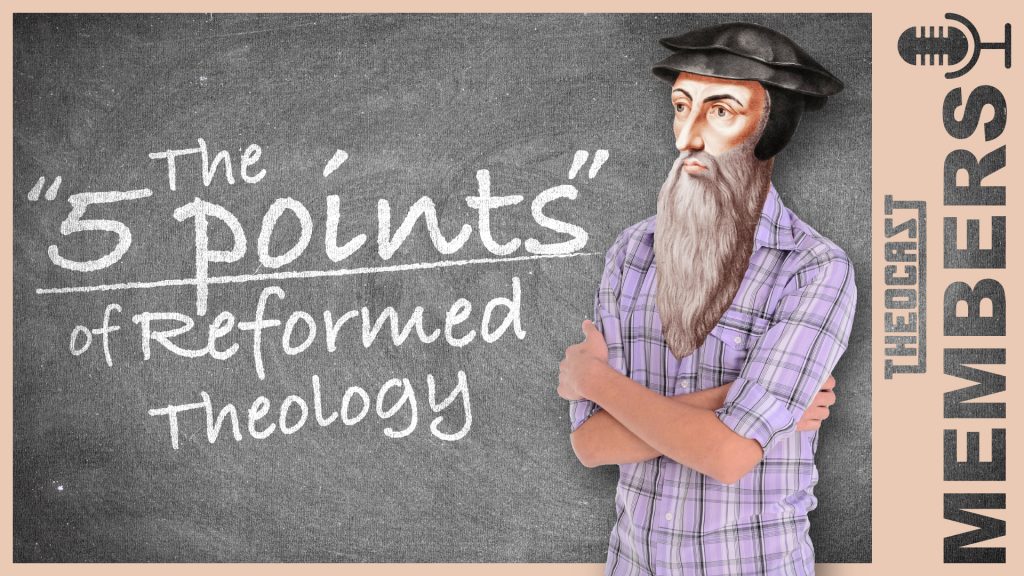
The guys continue the conversation around the major tenets of reformed theology.
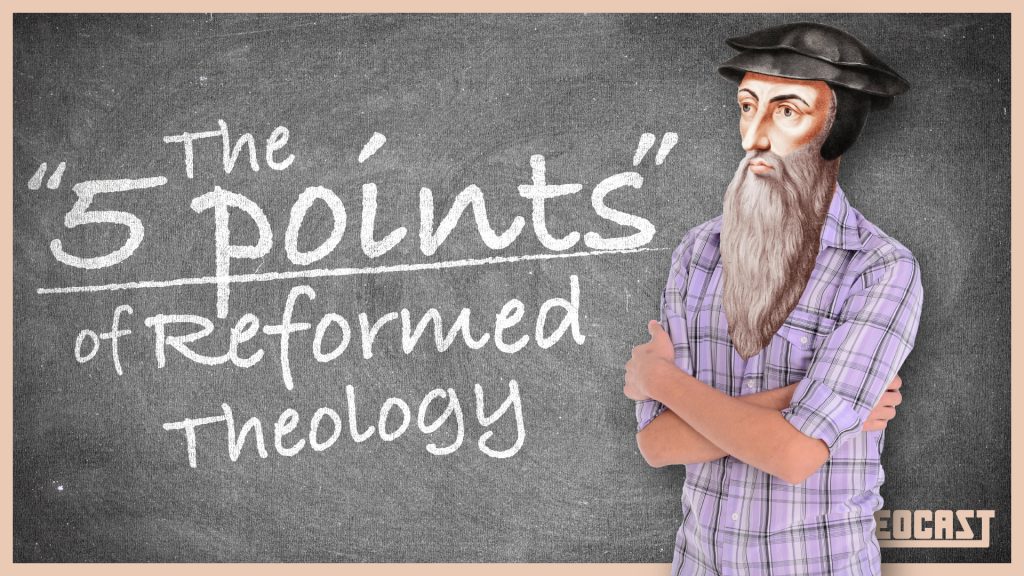
Jon and Justin answer a question that we get all the time: “When you say ‘reformed’ theology, what do you mean?” We offer our own “five points” on the subject.
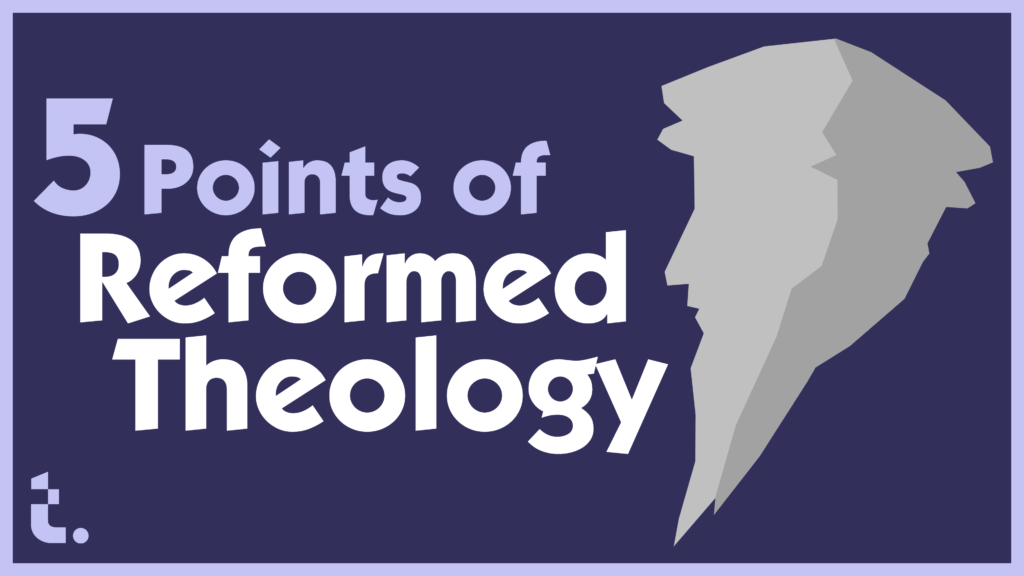
Jon and Justin answer a question that we get all the time: “When you say ‘reformed’ theology, what do you mean?” We offer our own “five points” on the subject.

We get a little bit more punchy as we talk about the dangers of pietism as it relates to the gathered saints in the local church and the damage that it can cause. We hope this conversation is beneficial to you as it was to us. We look forward to you listening.

On today’s episode, we are able and blessed to sit around the same table to discuss and meet with our old friend pietism. The other night, we were discussing how pietism dies a very slow and painful death. We also talked about the damage it can cause to our assurance and what we see when we look at ourselves in Christ. In this podcast, we discuss the slow and painful death of pietism and how it can harm us.

On today’s episode, we are able and blessed to sit around the same table to discuss and meet with our old friend pietism. The other night, we were discussing how pietism dies a very slow and painful death. We also talked about the damage it can cause to our assurance and what we see when we look at ourselves in Christ. In this podcast, we discuss the slow and painful death of pietism and how it can harm us.
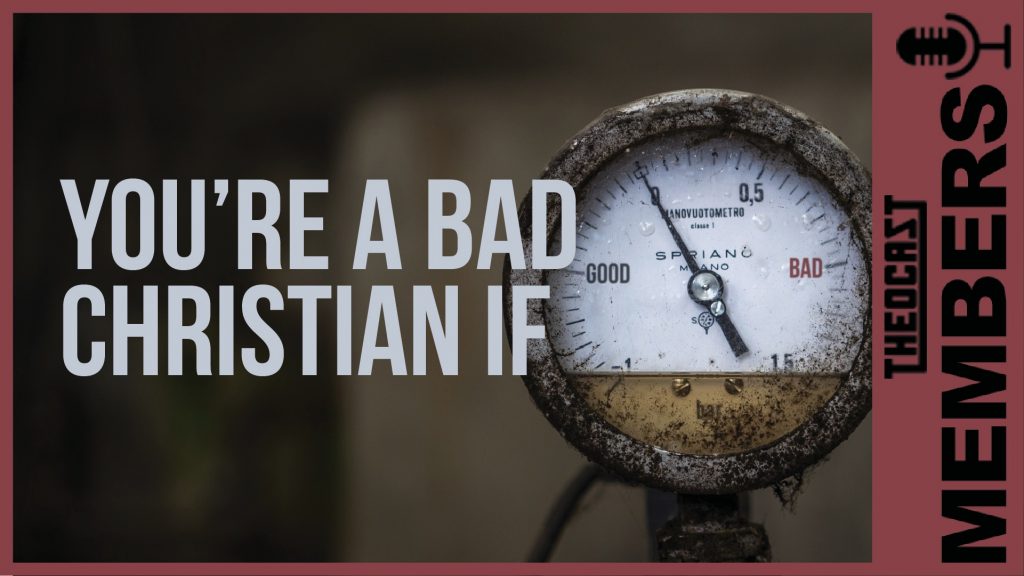
Members Podcast: The guys continue the conversation on the burdens of our current cultural moment. We take a look back at the #metoo movement and consider the primacy of the gospel in the life of the church
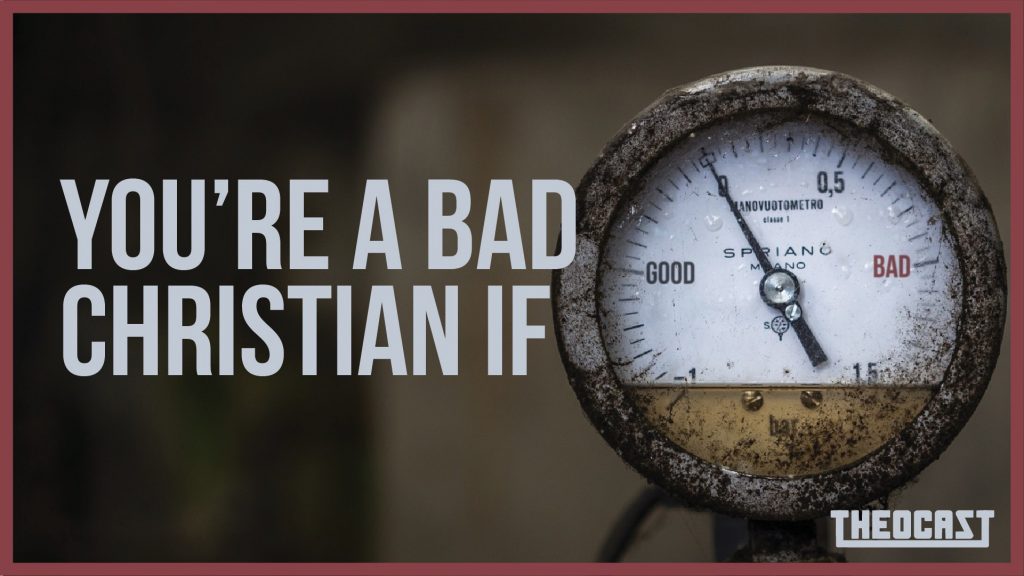
In this episode, the guys talk about all of the requirements being placed upon Christians as a result of the current cultural issues. It seems we are failing all over the place, and forgiveness and absolution are nowhere to be found. What do we make of these things?

In this episode, the guys talk about all of the requirements being placed upon Christians as a result of the current cultural issues. It seems we are failing all over the place, and forgiveness and absolution are nowhere to be found. What do we make of these things?
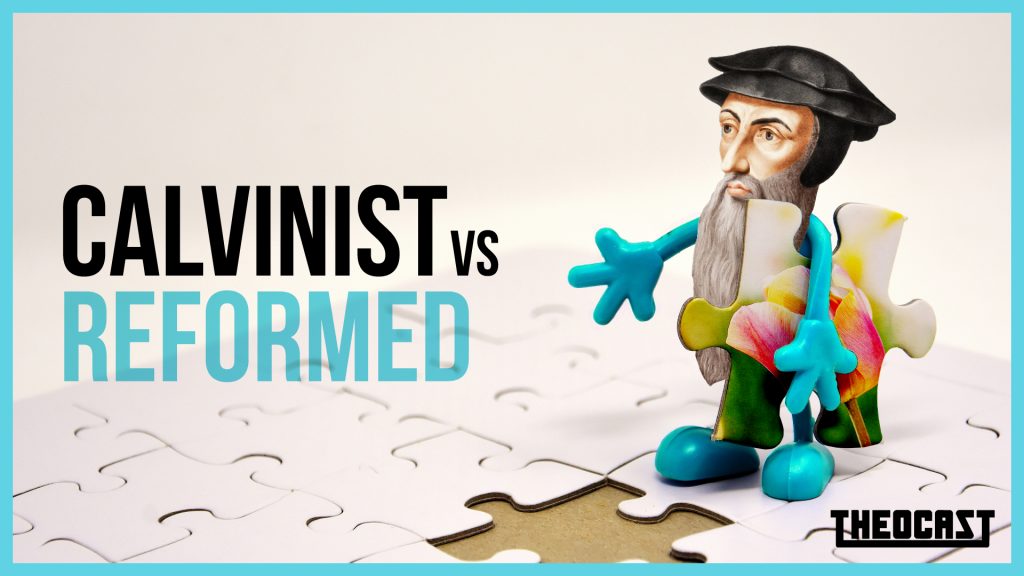
In this episode, the guys talk about the difference between Calvinism and reformed theology. The two are not one and the same. We explain the major tenets of reformed theology and why they are important.

In this episode, the guys talk about the difference between Calvinism and reformed theology. The two are not one and the same. We explain the major tenets of reformed theology and why they are important.
The guys talk personally about our transition into confessional, reformed theology–and the difference it has made in our lives and churches.
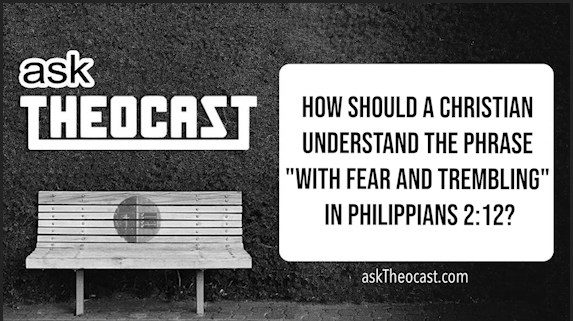
How should a Christian understand the phrase “with fear and trembling” in Philippians 2:12

The guys layout the primary and secondary issues one should consider first before they leave or stay in their current context. Is something like sanctification a reason to leave?

When should you leave a church? Jon and Jimmy discuss this question from a pastoral and congregant perspective. We discuss unhelpful ways we have seen this done, what you should not say, and the timing one should consider.

















